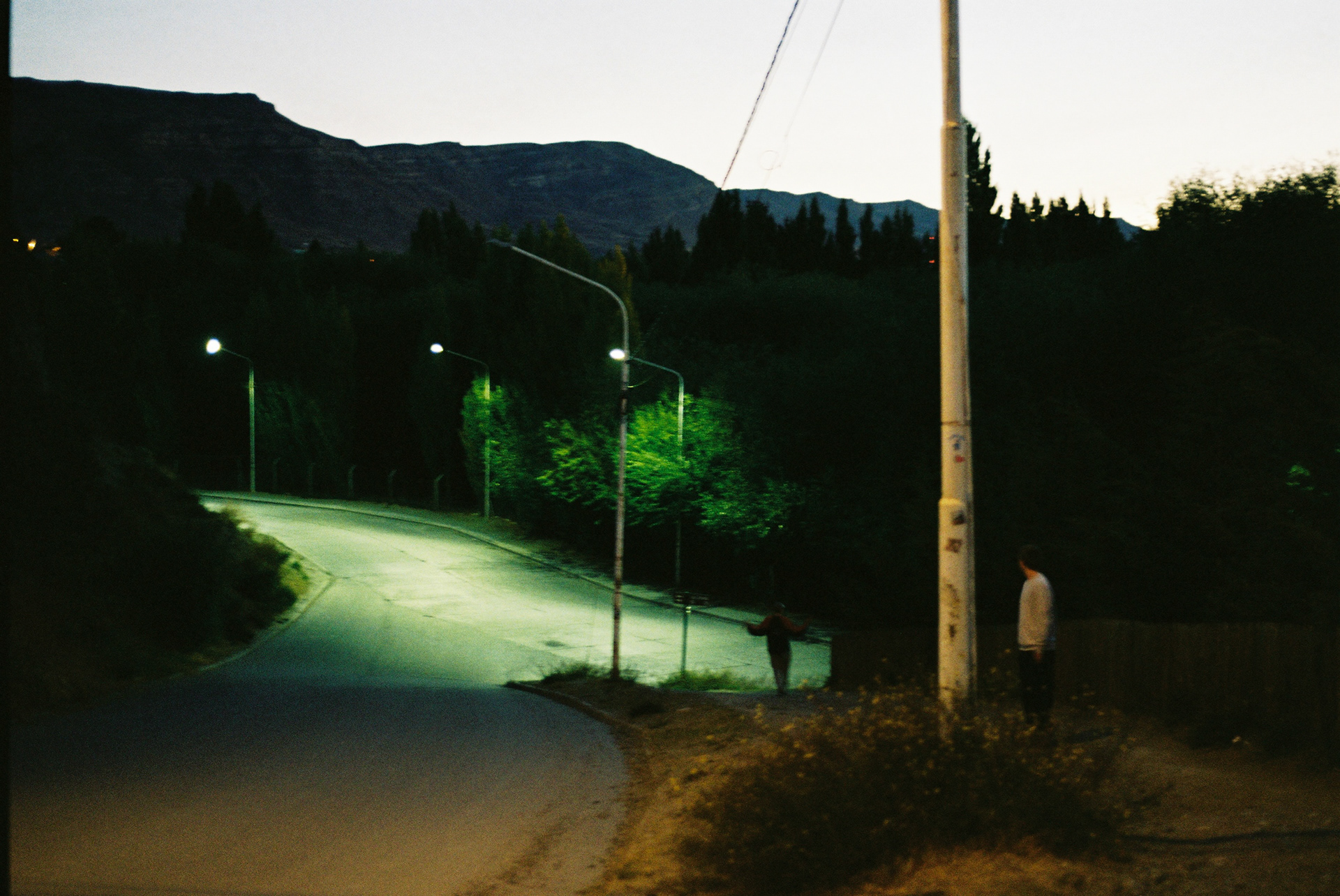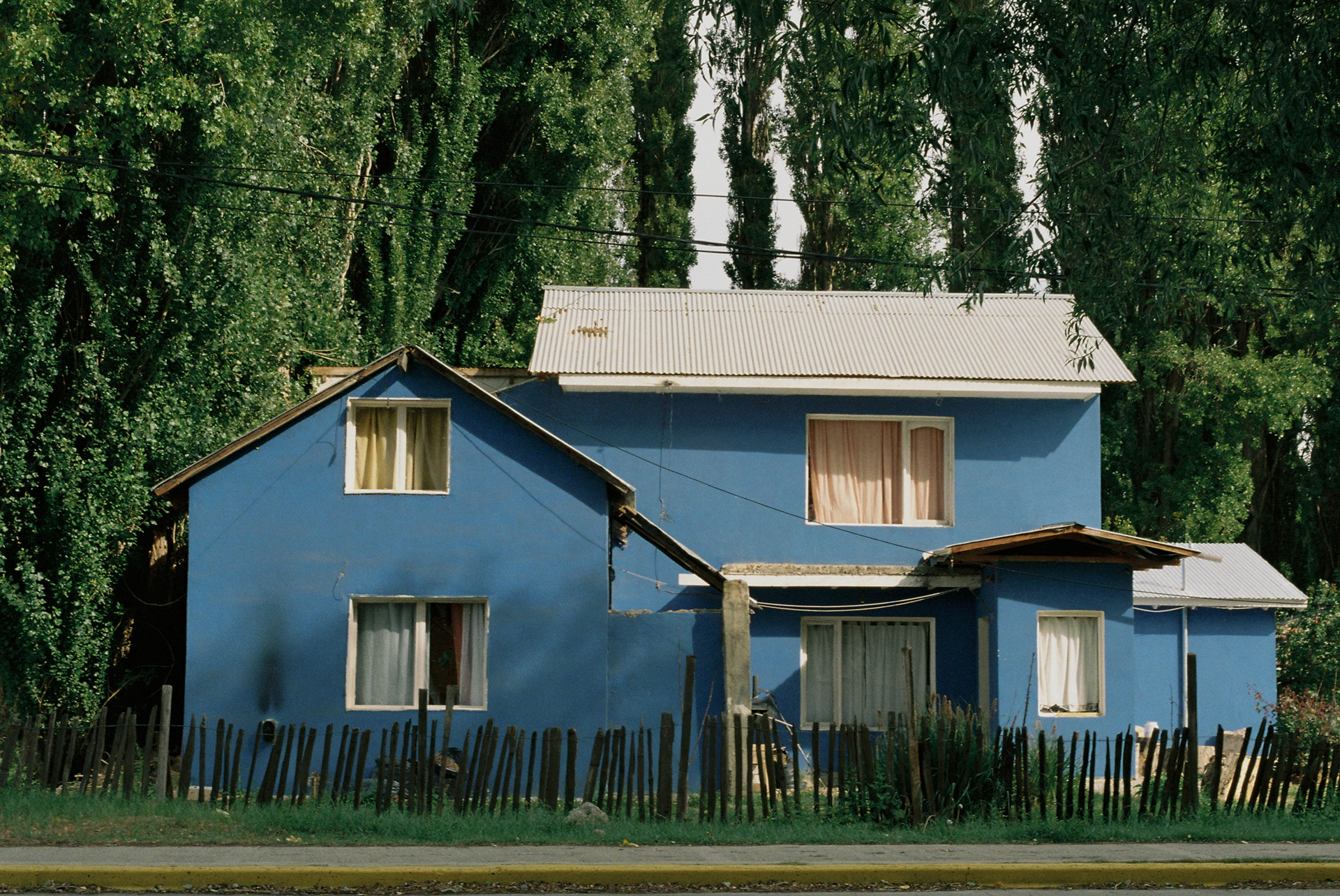Through Argentina and the American imaginary: a reflection on myth, memory, and the real.
Argentina had opened up for us. Flat and colourless at first, it started to ripple like an old film reel - hills, steppe, a sudden blade of water. The canvas of a western.
I grew up with the idea that the “West” was a direction you travelled, towards possibility - an endless highway of open road and open sky, tumbledown towns where you will enter as one person and leave as another. Of course the original myth of the American West was poised a literal frontier to be conquered, but once the land ran out, this dream, unwilling to yield, became metaphysical. Highways swallowed the frontier and sold it back now as a promise: go west, go south, go anywhere, and become someone new. Deified in the pure mystical allure that hung over it all. Just keep moving. I boarded the bus carrying that myth like a map.
But once you embark, the realities of the journey are softer, stranger. It isn’t a clean break or the perfect dawn of the films. It’s the hum of the diesel engine, beaten upholstery, a landscape that is too vast to fit any screen ratio. And it comes at you like a double exposure: the imagined West - constructed through my consumption of cinema, advertising, and collective memory - overlaid with an actual terrain marked in histories, silences, and scars. The two images flicker between on another, you see both the myth through the land and the land through the myth, but you can never fully separate them.
We all know, somewhere inside, that this dream is a falsity. Yet our visions of places burn so brightly, so feverishly, they imprint themselves upon the very way we view the world. Reality thins beneath a lattice of mediated symbols and signs, threatening to eclipse the actual. What they gesture towards, does not exist: there is no home at the end of the road, there is no place to arrive to. The road becomes a corridor of perpetual movement, governed by the strict linearity of highways, each place reduced to a stop en route to somewhere “bigger” and somewhere “better.” In this light, the road mirrors America’s cultural memory itself - motion without arrival, a perpetual quest for an unattainable interior space - a compulsion for a horizon that is always just out of reach.
Yet, as the miles roll under the tires I can sense something shift. The myth quietens, the overlay thins, and the land before me begins to speak: valleys carved over millennia by strips of streams, mountains collecting shadows like long memories, wrinkles in rocks, in weather, in faces at roadside cafés. Each is deeper than any sign could be, carrying slow and untranslatable truths. Out here I begin to feel not disappointment but relief that the wild isn’t a quest but a lesson in staying still long enough to see time working. In that stillness there is peace, even joy. A sky huge and generous, the wind reshaping grass into patterns older than any map, the groves of the terrain’s scars mirroring our own endurance. It’s the chance to stand at the edge of a continent and feel both very small and deeply connected, like you’ve stepped out of the film and into the light of day.


The bus keeps going. My reflection in the window is intertwined with the landscape, face over sky, eyes over scrub. I catch myself thinking of home but there’s no fixed image for it now, only the motion, the low diesel hum. Maybe home isn’t a place or a finish line but the space between frames: the pause when you stop scanning the horizon, let it rush over you and simply exist, however briefly, in moving air.

